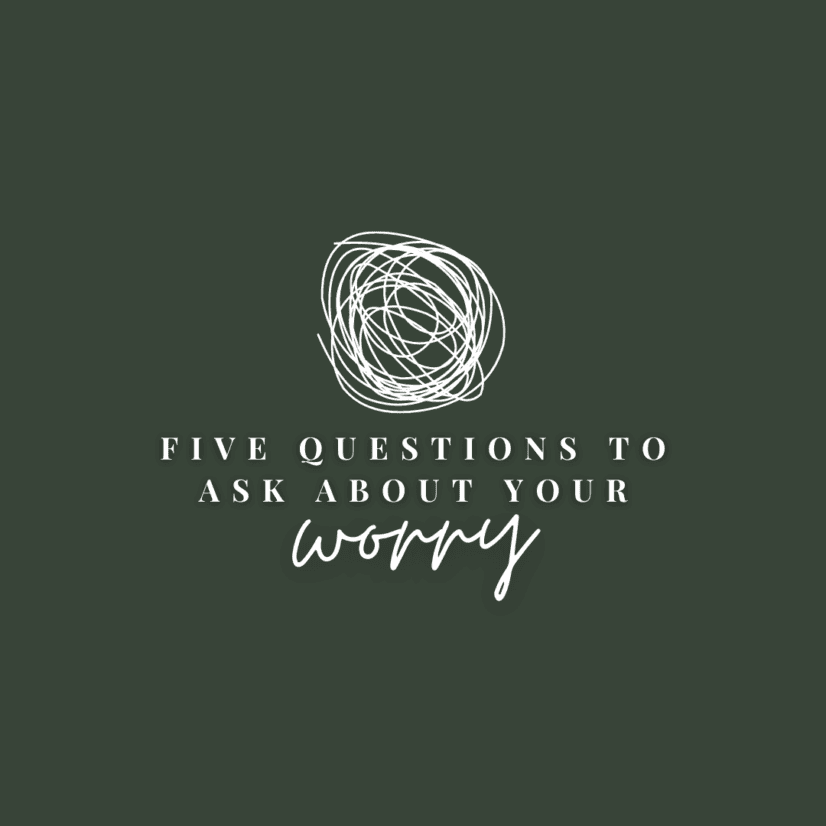Worry and stress are a natural part of life. However sometimes stress can go too far and become anxiety.
Anxiety is a prolonged form of stress that can be really detrimental when left untreated over time.
Here are five questions to ask to begin to see if your worry could be considered anxiety:
- How long are you worrying or experiencing stress a day? You could be suffering from anxiety if you are worrying a significant portion of the day. This could be especially true if your stress is interfering with your life. Does it feel like your anxiety is hurting your job performance, social life, and ability to enjoy this?
- Do you feel like you have the ability to control your worry or stress? Normal levels of stress feel like you can control them and deal with them at a later point in time. Higher levels of worry can feel like they are out of your control. Normal levels of worry tend to be brief and fleeting while anxiety tends to last for longer periods of time.
- How much does the worry bother you? Normal levels of worry should never pervade every area of your life and your day. If you feel like your worry is taking over your life, it could be anxiety.
- What is causing your worry? It is natural to feel worried or stress whenever there is a specific incident to trigger those feelings. Anxiety feels like you are worried or stressed without a specific trigger. You may feel like you are worried all of the time and without a true cause if you have anxiety. You may also feel like you are worried about everything without any periods of calm.
- Are there any physical or psychological symptoms of your worry? Normal levels of worry tend to come and go without taking a physical or emotional toll. Anxiety is however accompanied by many symptoms. These symptoms include sleep problems, tense muscles, fatigue, problems concentrating, along with many others.
If you or someone you know is experiencing anxiety levels of worry, there is hope.
Therapy has been shown to be extremely effective at treating anxiety and the accompanying symptoms. Reach out to a therapist to talk about how therapy could help your anxiety!
Written by: GROW Staff
Article updated: March 6, 2024

